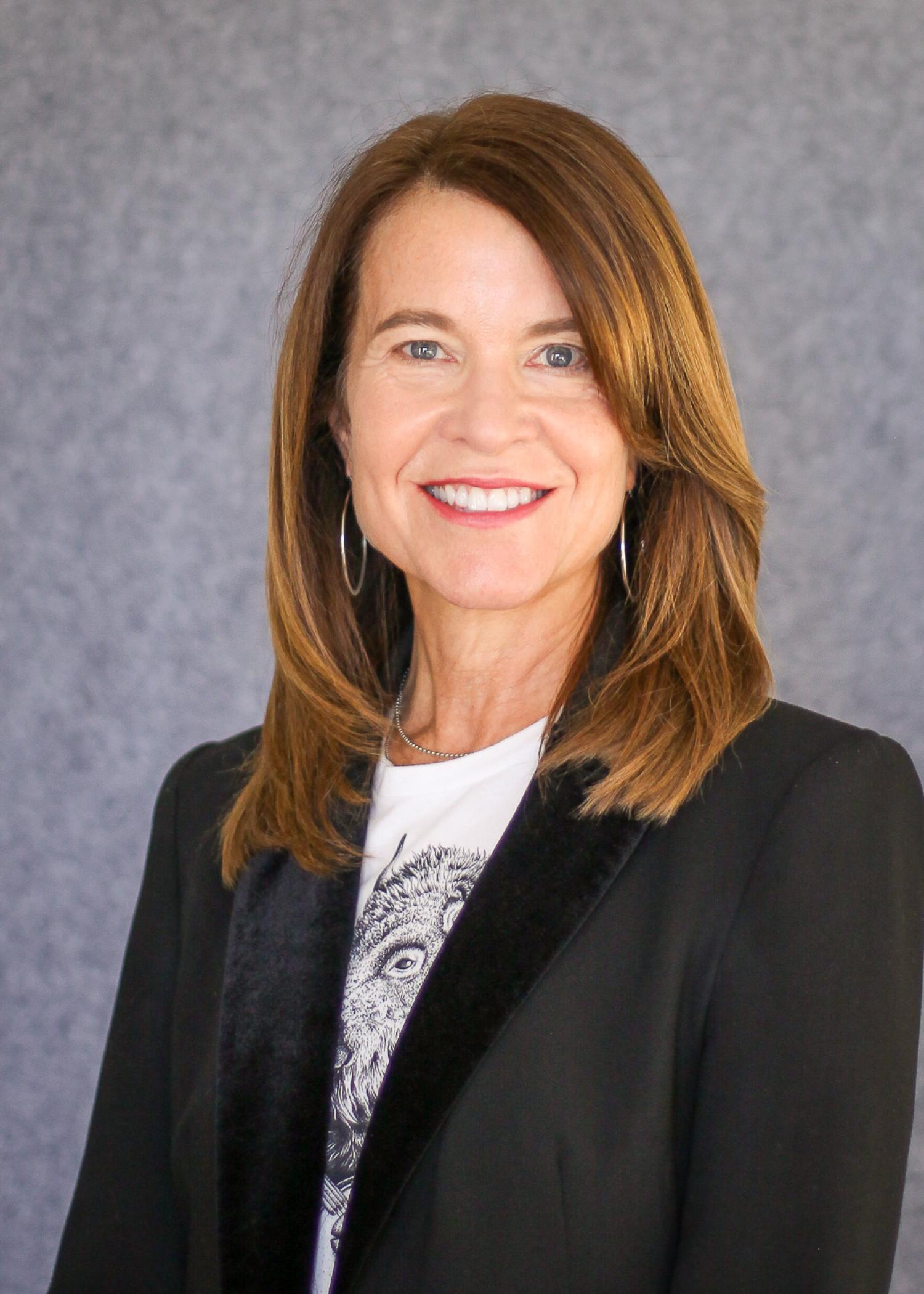Elizabeth Dutro
- Professor
- Bob and Judy Charles Endowed Chair of Education
- LITERACY STUDIES
- HUMANITIES EDUCATION

Miramontes Baca Education Building, Room 244A
University of Colorado Boulder
249 UCB
Boulder, CO 80309
Elizabeth Dutro is a professor of literacy studies. In collaboration with K-12 teacher colleagues and children, her current studies include justice-focused framings of what trauma means and how difficult life experiences can inform humanizing literacy instruction that centers students’ knowledge; and research practice partnerships that include opportunities for teachers to learn together in the context of their daily work and relationships with students.
Elizabeth has received several awards for her scholarship and teaching, including a Woodrow Wilson Fellowship, the Promising Researcher Award and the Alan C. Purves Award (both from the National Council of Teachers of English), the Provost Faculty Achievement Award, and the Best Should Teach gold award and Boulder Faculty Assembly Teaching Excellence Award. Her work has appeared in numerous journals, including American Educational Research Journal, Review of Research in Education, Teachers College Record, Educational Researcher, Journal of Literacy Research, Research in the Teaching of English, Language Arts, and Teaching and Teacher Education, among others. She is also the author of the book "The Vulnerable Heart of Literacy: Centering Trauma as Powerful Pedagogy" (2019, Teachers College Press) and co-editor of Trauma-Informed Teaching: Toward Responsive, Humanizing Classrooms (2022, National Council of Teachers of English).

